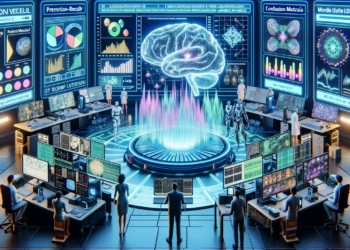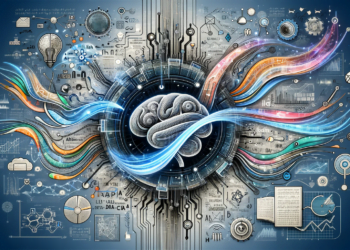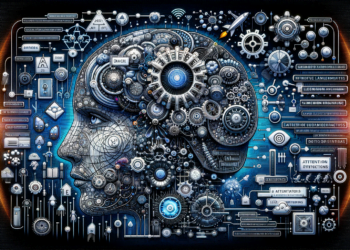In the race to develop high-performance language models, personalization stands as a fundamental pillar for adapting artificial intelligence to specific needs. Researchers and practitioners find in the training of customized models a key tool to face unique challenges across various knowledge domains.
The Rise of Customized Language Models
The era of natural language processing (NLP) based on models like BERT, GPT-3, and more recently, GPT-4, has led to applications ranging from chatbots to social media emotion analysis systems. However, these models, while powerful, require meticulous customization to operate effectively in specialized scenarios.
Model Fine-Tuning Technologies
Transfer Learning allows generalist models to be adapted to specific tasks with a fraction of the data originally required for training. Tools like Hugging Face's Transformers offer a suite of APIs ideal for modifying pretrained models.
In fine-tuning, the adjustment of hyperparameters is crucial. Algorithms like Bayesian Optimization have proven effective at efficiently identifying optimal combinations, directly impacting the model’s accuracy.
Incorporation of Specific Domain Context
The injection of terminology and domain-specific use cases can be achieved through the technique of specialized embeddings. These representational vectors, when trained with domain-specific data, significantly increase the model performance on those contexts. Recently, the expansion toward specialized domain Transformers has shown notable improvement over static embeddings.
Optimizing Models for Specific Tasks
The Multitask Learning approach has emerged, where a single model is trained with various objectives, balancing learning generalization and task specialization. This methodology presents notable challenges in the definition of architectures and loss functions that balance the various tasks.
Explainable Artificial Intelligence
Explainable Artificial Intelligence (XAI) is gaining ground in model personalization. Tools like LIME and SHAP help to decipher complex models, allowing fine-tuning to improve prediction fidelity and increase trust in critical applications.
Case Studies and Validations
In the financial realm, JP Morgan has implemented LOXM, a custom machine learning model to improve the execution of trade operations. LOXM is an example of how language model personalization can transform a sector by applying deep learning to optimize decisions in milliseconds.
Impact of Specific and User-Centric Data
The quality and suitability of data are crucial in the training of personalized models. Advanced Feature Engineering, where data is not only preprocessed but also enriched and transformed in non-trivial ways, determines the model’s ability to understand and generate high-value responses.
Challenges and the Future of Custom Training
Customization entails both ethical and technical challenges, including data privacy and the balance between specialization and bias. A future is anticipated where Autoregressive Generative Models will increase their ability to generate domain-specific language with unprecedented precision. Meta-Learning techniques are expected to allow models to rapidly adapt to new tasks with minimal human intervention.
Conclusion
The tools and techniques for training personalized language models are evolving at an unprecedented pace. The combination of existing technologies with emerging innovations promises an era where artificial intelligence will not only understand and generate human language with high fidelity but will also handle specific contexts by adapting efficiently and ethically to the unique needs of each domain. The challenge lies in maintaining a sustained pace of innovation, ensuring that technological advancements translate into solutions with real and positive impact on society.






















